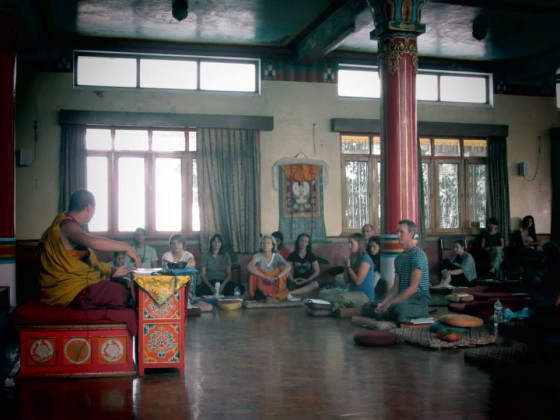DURING THE LAST FEW WEEKS OF MY YEAR of traveling, I decided to go on a meditation retreat at Kopan Monastery, just outside Kathmandu, Nepal. My stay was part of a larger program offered to foreigners who wanted to learn the basic tenets of Tibetan Buddhism and devote time to learning many forms of meditation. Buddhism and meditation had never been a part of my life before, and this was my first time attempting to learn about both.
After my stay, I realized that my 10 days at the monastery made me a better traveler than I had been all year. I left somewhat regretting that now, nearing the end of my travels, I didn’t have more time to put my learning into practice.
Of course, I haven’t become the perfect traveler since then, and I still make plenty of mistakes. But ultimately, my experience at the monastery made me view travel differently, and made my travel experiences afterwards far more meaningful. Here’s how:
